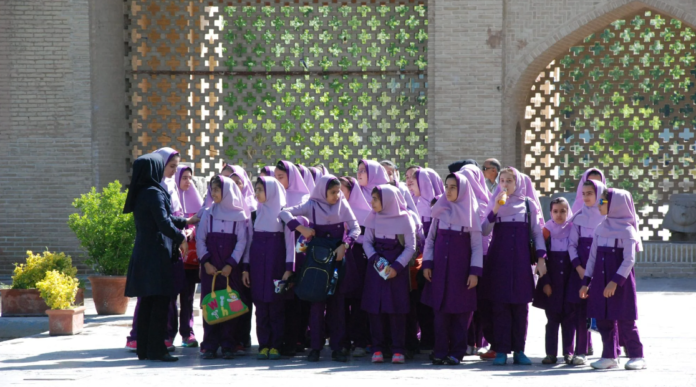Rights advocates and activists are raising alarms over a proposed bill in Iraq’s parliament that they fear could significantly roll back women’s rights and lead to an increase in underage marriages in the deeply patriarchal society.
The controversial bill, which resurfaced in parliament on August 4 after being withdrawn in late July due to widespread opposition, would allow citizens to choose between religious authorities and the civil judiciary to adjudicate family matters. Critics argue that this choice could severely undermine the 1959 Personal Status Law, which set the minimum marriage age for Muslim girls at 18 and has been a cornerstone of women’s rights in Iraq.
Under the proposed amendments, Muslims who are of legal age and wish to marry would be required to choose whether to adhere to the civil law established in 1959 or follow Sharia Islamic rules. The bill also allows already-married couples to retroactively opt into religious regulations, potentially altering the terms of their marriages, divorces, and child custody arrangements.
Rights organizations, including Human Rights Watch (HRW) and Amnesty International, have expressed deep concerns that the bill, if passed, would disproportionately harm women and girls. HRW researcher Sarah Sanbar warned that the amendments could effectively lower the marriage age for Muslim girls to as young as nine, arguing that it would “steal the futures and well-being of countless girls.”
“This legislation would be a major step backward for Iraq, placing women and children at greater risk in a society where they already face significant challenges,” Sanbar said.
Amal Kabashi, a leading voice in the Iraq Women’s Network, echoed these concerns, stating that the bill would provide “huge leeway for male dominance over family issues” and further entrench patriarchal norms in an already conservative society. Activists have staged protests against the proposed changes and are planning further demonstrations in Baghdad.
The 1959 Personal Status Law, enacted shortly after the fall of Iraq’s monarchy, was a progressive reform that transferred the authority over family matters from religious leaders to the state judiciary. The proposed amendments, however, aim to restore the influence of religious authorities, particularly those from Shiite and Sunni Muslim sects, over such matters.
Amnesty International’s Iraq researcher Razaw Salihy criticized the bill’s language, arguing that enshrining religious freedom with “vague and undefined terms” could “strip women and girls of their rights and safety.” Salihy added that passing these amendments would “close a ring of fire around women and children” in Iraq.
Lawmaker Raed al-Maliki, who introduced the amendment and has previously supported legislation against LGBTQ rights, denied that the revisions would allow the marriage of minors. He dismissed the criticism as stemming from a “malicious agenda” aimed at denying a significant portion of Iraq’s population the right to have their personal status determined by their religious beliefs.



